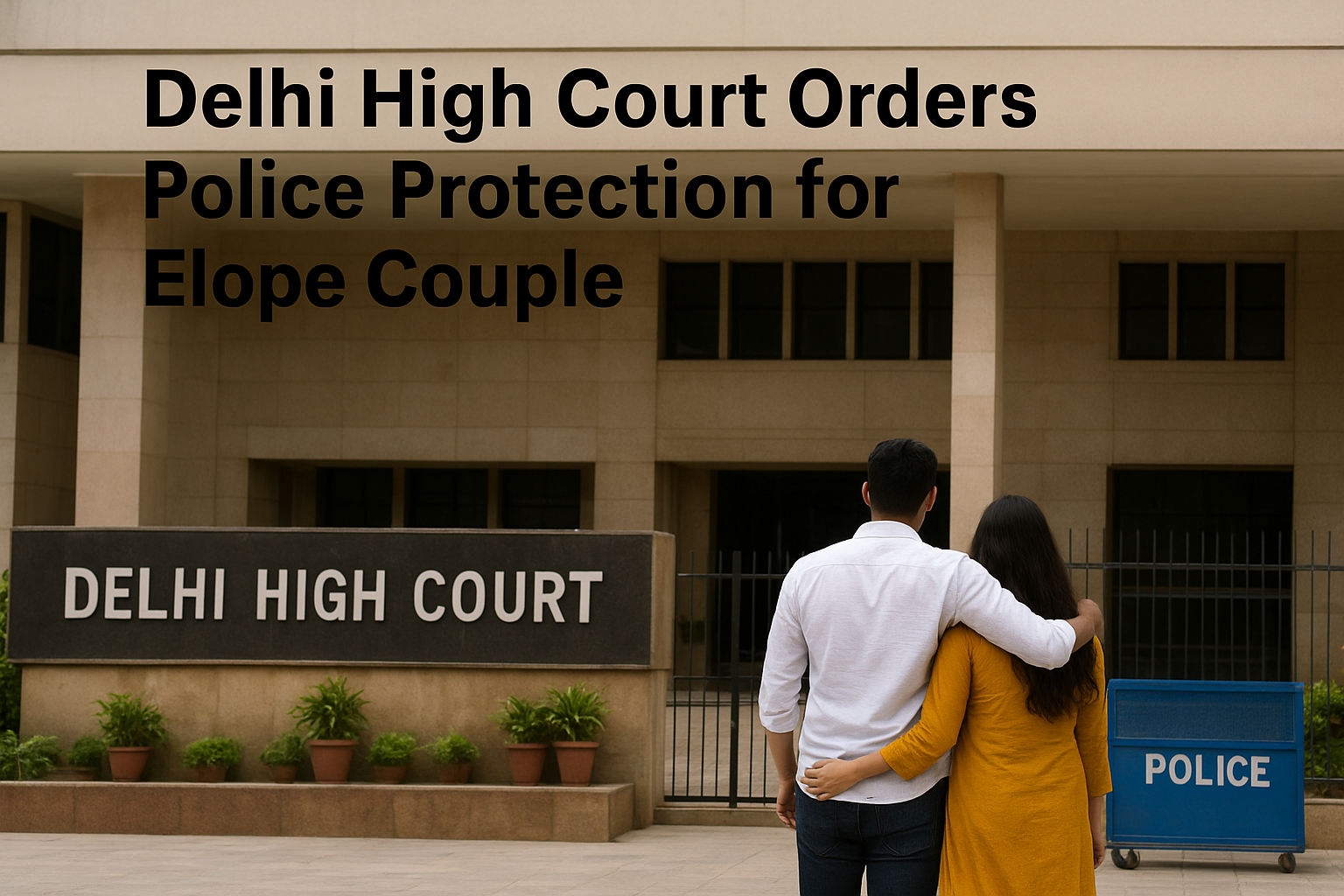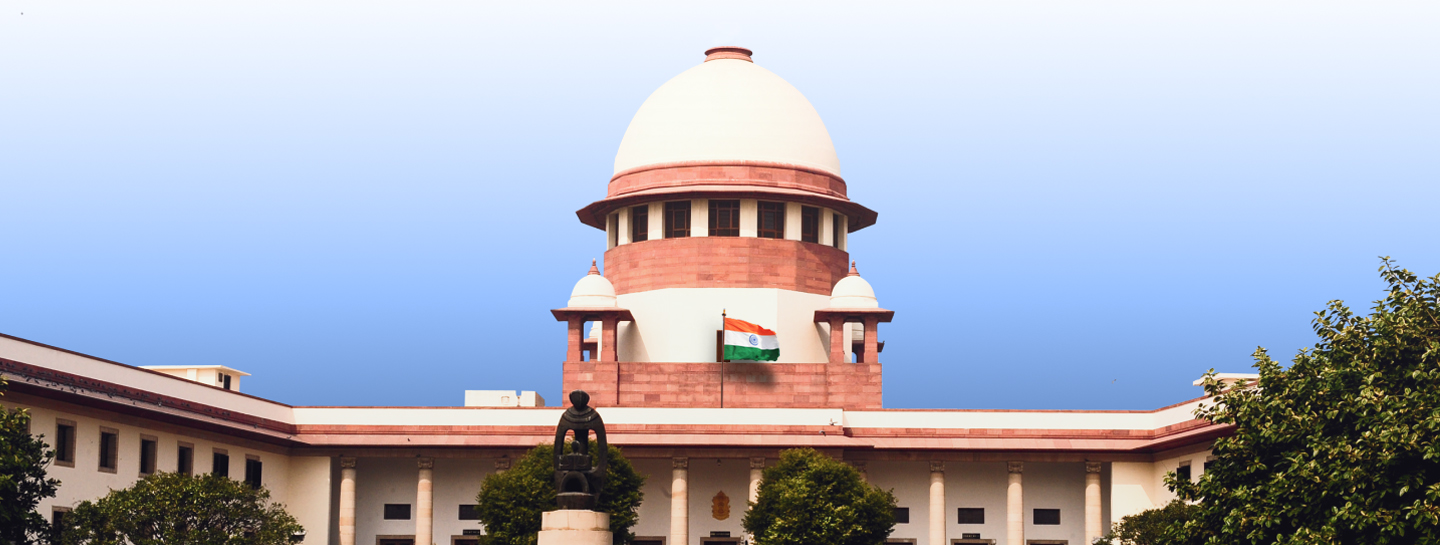In a landmark ruling on July 29, the Supreme Court directed all State governments and Union Territories (UTs) to release convicts who remain imprisoned despite completing their sentences. The Bench of Justices BV Nagarathna and KV Viswanathan issued the order while hearing Sukhdev Yadav @ Pehalwan v. State of NCT of Delhi.
The Court instructed authorities to identify prisoners who have served their full term but are still in custody. If found, such individuals must be released immediately, provided they are not wanted in any other case.
“The Registry shall circulate a copy of this order to the Home Secretaries of all States and UTs to ensure prompt compliance,” the Bench stated. The judgment will also be sent to national, state, UT, and district legal services authorities for effective execution.
Case Origin: Nitish Katara Murder
The order stemmed from a plea by Sukhdev Pehalwan, convicted in the 2002 Nitish Katara murder case, seeking his release. Katara, a young business executive, was abducted and killed in what the trial court termed an “honour killing.”
The murder was linked to Katara’s alleged relationship with the sister of Vikas Yadav, son of a former Member of Parliament, who vehemently opposed it. In 2008, the trial court sentenced Vikas Yadav, his cousin Vishal Yadav, and their associate Sukhdev Pehalwan to life imprisonment.
Supreme Court’s 2016 Ruling
The Delhi High Court upheld the convictions, and in 2016, the Supreme Court confirmed the sentences. However, it specified that Vikas and Vishal Yadav must serve 25 years of rigorous imprisonment without remission, while Pehalwan’s term was fixed at 20 years.
Pehalwan completed his sentence in March 2024, yet remained in prison because his furlough application was pending. He was eventually granted furlough on June 25 and released temporarily.
Court’s Observations on Delayed Release
On July 29, the Supreme Court noted that Pehalwan should have been freed in March itself. The Bench made it clear that the sentence review board has no authority to re-evaluate or delay the enforcement of sentences already determined by courts.
This delay, the Court stressed, is unacceptable and violates the fundamental right to personal liberty under Article 21 of the Constitution. It further highlighted the urgent need for a nationwide audit to ensure that no convict languishes in jail beyond the judicially prescribed term.
Broader Implications for Prison Administration
The ruling has far-reaching implications for prison administration across India. By directing legal services authorities at every level to oversee compliance, the Court has attempted to plug systemic gaps that often lead to wrongful and prolonged detention.
Legal experts believe this order could pave the way for stronger accountability within the prison system. It also sets a precedent that bureaucratic delays—whether in processing furloughs, paroles, or releases—cannot override judicial verdicts.
The Court’s emphatic message is clear: once a convict has served the sentence imposed by law, continued detention is not only illegal but also a grave injustice.





